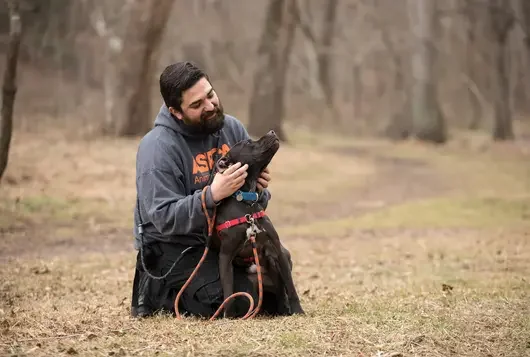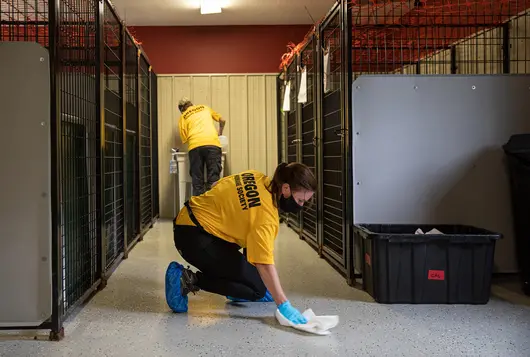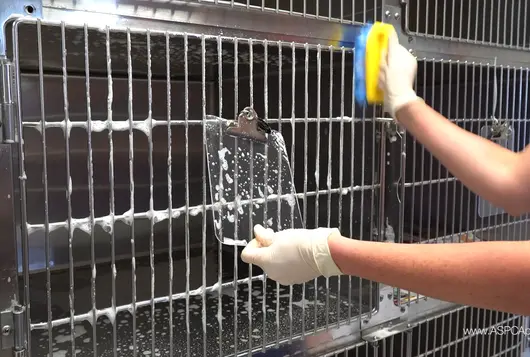Cleaning & Sanitation for Animal Shelters

Sanitation plays a critical role in preventing the spread of infectious disease and keeping animals healthy in animal shelters and foster homes.
We offer a wealth of resources, including sanitation protocols, as well as information regarding product selection and appropriate dilution; videos showing how to spot clean a kennel; and a Sanitation Decision Tree to help staff determine the best course of action based on risk level of animal population housed. These tips, plus a host of downloads, will help your shelter keep disease at bay.






